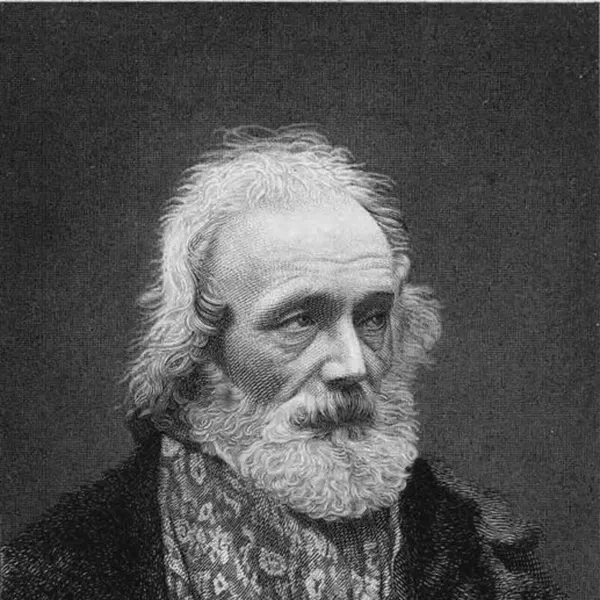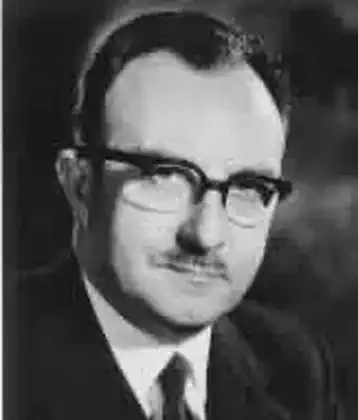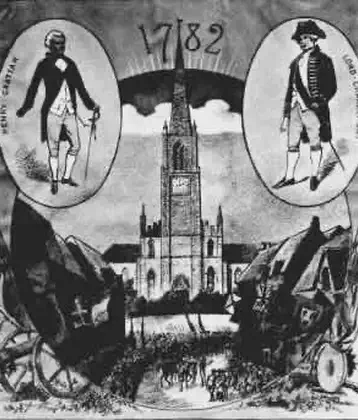On December 13, 1798 in Celtic History
James henry, physician and classical scholar, is born in dublin

James Henry (13 December 1798 – 14 July 1876) was an Irish classical scholar and poet, was born in Dublin the elder son of a woollen draper, Robert Henry, and his wife Kathleen Elder.
James Henry was a distinguished physician and classical scholar known for his significant contributions to both medicine and the study of Latin literature. His life and work reflect a unique combination of scientific and literary pursuits during a period of rich intellectual activity in Europe.
Henry initially pursued a career in medicine, a field in which he achieved notable success. Trained in Dublin, he practiced as a physician, demonstrating both skill and dedication to his profession. However, his interests were not confined to medicine; he was also deeply passionate about classical studies, particularly the works of the Roman poet Virgil.
Literary commentary
Henry’s scholarly work on Virgil is perhaps what he is most remembered for. He dedicated a significant portion of his life to studying and interpreting Virgil’s epic poem, the “Aeneid.” His approach to Virgil’s work was meticulous and innovative, involving detailed linguistic and philological analysis. Henry’s contributions to the understanding of Virgil’s poetry were highly regarded by his contemporaries and have continued to be influential in classical scholarship.
Despite the prominence of his medical career, it was his work in classical literature that truly defined his legacy. Henry’s dedication to Virgil’s study exemplified the 19th-century intellectual spirit, where the pursuit of knowledge and the humanities was often intertwined with scientific endeavors.
Poetry
Henry was also the author of five collections of verse plus two long narrative poems describing his travels, and various pamphlets of a satirical nature.
At its best his poetry has something of the flavour of Robert Browning and Arthur Hugh Clough while at its worst it resembles the doggerel of William McGonagall. His five volumes of verse were all published at his own expense and received no critical attention either during or after his lifetime.
He died at Dalkey, County Dublin.
More From This Day

